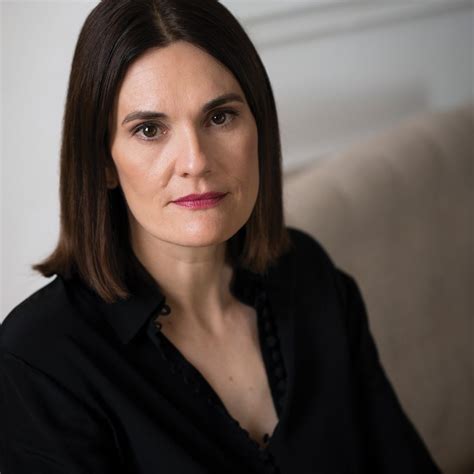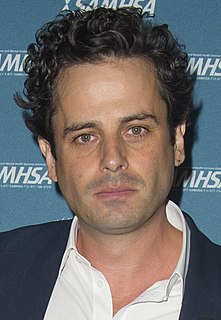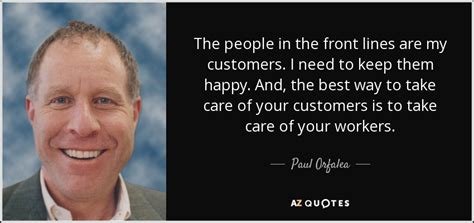A Quote by Patrick Heusinger
I'm a trained actor and I can always tone it down, I can always simplify the work I've done. But if I'm asked to bring the nuanced and complicated work, I'll have it in my pocket, and all that information helps.
Related Quotes
I've always played down the drama in my films. In my main scenes, there's never an opportunity for an actor to let go of everything he's got inside. I always try to tone down the acting, because my stories demand it, to the point where I might change a script so that an actor has no opportunity to come out well.
I grew up with it. As a young actor, I was always aware of the brilliant work of Shakespeare. We studied Romeo & Juliet and Macbeth in school. As a young actor, you're always mystified and intrigued by such brilliant work. To actually have the chance to be involved in this production was a wonderful thing for me.
I wanted to play roles which offered new ways of viewing black women and black people in general- and I have done that. And I have always, whether I needed to pay the rent or not, I've always turned down roles which I thought were stereotypical. And so when I look at my body of work in that respect, I am really happy. Because I feel my work does say something positive and that was what I always set out to do.
I had to go in and do the work of toning [invented "historical" bits] down in order to make them fit [in Lincoln in the Bardo]. It's like if you're an actor and you're always overacting, well, you're a bad actor. But if you're an actor who subdues yourself to the extent that's necessary, then you're really acting.
I'm so excited about 'Shattered;' it's something I've really enjoyed working in, and it's very different from anything I've done before. I've always been a character actor and done a lot of support work. I've never really been the lead actor, so I'll try and use what I've learned along the way from the other projects.

































